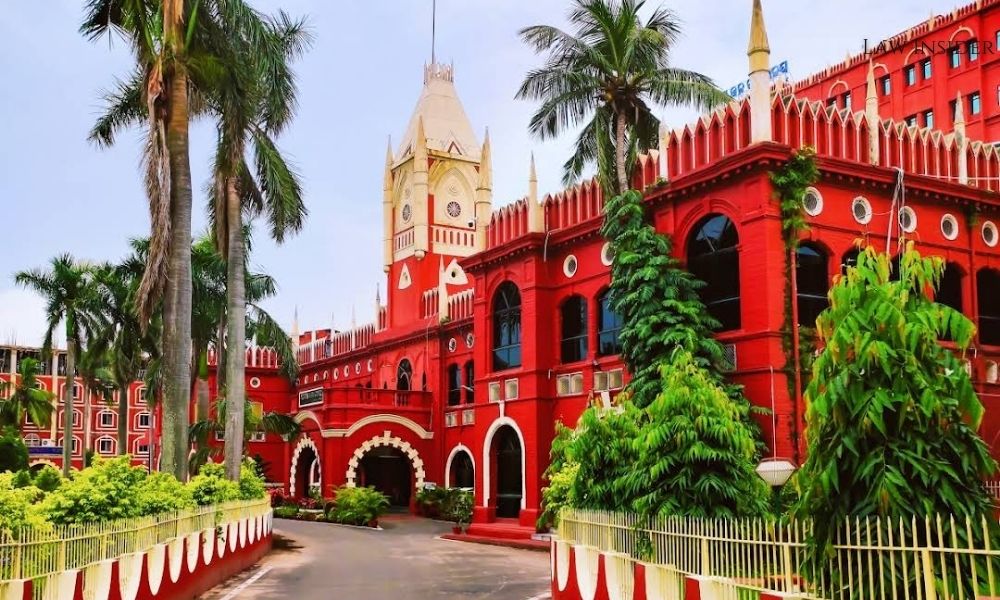Case Title: Jaga @ Jagabandhu Mohalik v. State of Orissa
Case No: JCRLA No. 58 of 2008
Decided on:4th January, 2024
CORAM: Hon’ble S K Sahoo, J. & S K Mishra, J.
Facts of the Case
In the case of Jaga @ Jagabandhu Mohalik, the appellant faced trial for an offence under Section 302 of the Indian Penal Code. According to the prosecution, the appellant and the deceased had been married for 19 years, residing in Saunpada for 6 to 7 months. On the night of 04/05/2005, the informant discovered the deceased with fatal head injuries caused by a nearby shovel. The appellant, alleged to have a history of attacking the deceased, was charged at Balasore Sadar police station. The investigating official followed proper procedures, conducted a post-mortem examination, and presented evidence, including the inquest report, shovel confiscation, blood-stained dirt, and witness testimonies, including the deceased’s brother and uncle who attested to prior attacks and threats. P.W. 5 claimed to have witnessed the appellant delivering fatal blows with a shovel. The appellant’s son supported the prosecution’s case under Section 164 of the Criminal Procedure Code. The trial court, following due process, convicted the appellant and sentenced him to life imprisonment.
Legal Provisions
The case involves the appellant, Jaga @ Jagabandhu Mohalik, who has been convicted under Section 302 of the Indian Penal Code for the murder of the deceased, resulting in a life sentence. The prosecution’s case alleges that the appellant abused the deceased, leading to her death, with critical evidence including spade injuries on her head. The legal proceedings encompass the filing of an FIR, police investigation, post-mortem examination, and presentation of evidence in the trial court, where witness testimonies, particularly from family members and those who witnessed the incident, play a crucial role. The case revolves around the application of criminal law, specifically Section 302 of the IPC, addressing murder, and involves procedural aspects such as inquest reports, seizure lists, and post-mortem examination reports to establish the prosecution’s case. The motive for the alleged murder is tied to a property dispute and threats made by the appellant, emphasizing both substantive criminal law and procedural elements in the legal framework.
Issues
The case of Jaga @ Jagabandhu Mohalik, who was convicted of murdering his wife under Section 302 of the Indian Penal Code, raises serious legal issues. One significant difficulty is proving the appellant’s guilt beyond a reasonable doubt, which is mostly based on witness testimony, including comments from the deceased’s brother and uncle. The reliance on witnesses raises questions regarding credibility and possible biases. Another issue is the quality of the police investigation, which was hampered by the difficulty to find the appellant, creating concerns about thoroughness. The seizure and forensic investigation of the crime shovel and blood-stained earth may raise concerns about evidence custody and forensic accuracy. The legal complexity involving evidence, witness reliability, and investigative methods may influence the final decision on the appellant’s guilt.
Courts analysis and decision
In the case, the appellant was tried and convicted under Section 302 of the Indian Penal Code, receiving a life sentence on January 15, 2008. The prosecution’s case, based on a first information report filed on May 5, 2005, alleged that the appellant had repeatedly abused his wife, resulting in her death on the night of May 4th/5th, 2005, through fatal injuries inflicted with a shovel. The court heard testimony from witnesses, including the deceased’s brother and uncle, detailing past attacks and threats by the appellant. The court underscored the thoroughness of the investigation, which included an inquest report, post-mortem examination, and the seizure of relevant materials. The court’s findings highlighted a history of violence in the appellant’s behavior toward the deceased, supported by compelling evidence, leading to the conclusion that the appellant was responsible for the death. The judgment emphasized the significance of witness statements and comprehensive investigative methods in establishing guilt in criminal proceedings.
“PRIME LEGAL is a full-service law firm that has won a National Award and has more than 20 years of experience in an array of sectors and practice areas. Prime legal fall into a category of best law firm, best lawyer, best family lawyer, best divorce lawyer, best divorce law firm, best criminal lawyer, best criminal law firm, best consumer lawyer, best civil lawyer.”
Written by- Aastha Ganesh Tiwari


